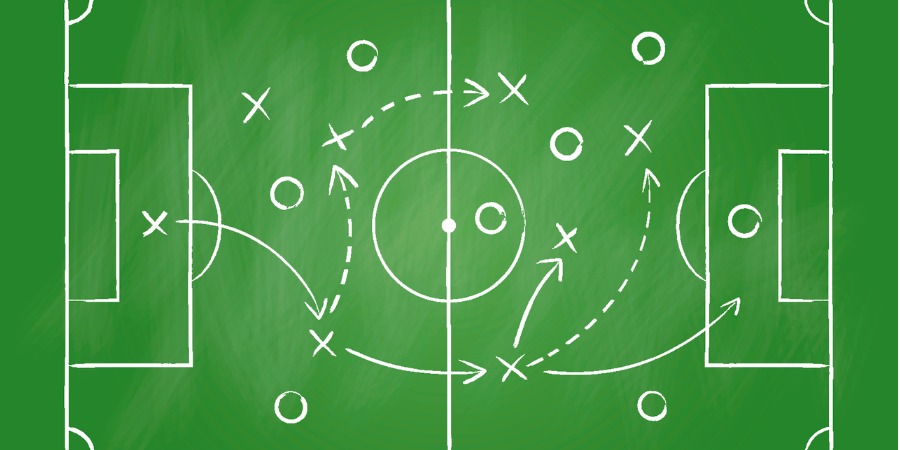
Adapted from Dr. Claes Fornell's book | July 5, 2017
The Satisfied Customer: Winners and Losers in the Battle for Buyer Preference
Predictability is essential for well-being. If you can predict some aspect of the future that others can't, you have a competitive advantage.
Predictability is about survival. Predicting better than others is about doing better—in whatever context you may want to apply it to. Wayne Gretzky was the greatest of hockey players because he knew where the puck was going before it got there. Roger Federer may be the best tennis player ever because he seems to know where his opponent is going to hit his next shot—perhaps even before the opponent himself knows.
Steve Jobs seems to have an almost supernatural ability to predict the future better than his competition. Like Gretzky and Federer, he isn't right all of the time, but often enough. What Gretzky, Federer, and Jobs have in common is that they generalize from the unobservable better than the rest of us. Gretzky read patterns of the game better than anybody else. Federer's brain registers and computes the movement, balance, and tactics of his opponent in a fraction of a second. Jobs is able to combine a tweaking of already known technology with latent consumer demand in some of the most innovate ways any CEO has been able to do.
For those of us with lesser talents for figuring out what the future will bring, whether we are talking about what is about to happen in a fraction of a second or years from now, there is science to guide us. Customer satisfaction cannot be observed, so we use indicators to measure it. Causes and consequences of satisfaction are known, but only partially. We can estimate the impact of causes not only on customer satisfaction, but on the resulting financial consequences as well.
Obviously, the future cannot be controlled by science anymore than Federer can control the level of play of his opponent. Even though there are general biological rules for the release of dopamine and the production of satisfaction, and even though we may have accurately determined the factors with the greatest impact on the satisfaction of our customers and subsequently improved our performance based on these factors, it is still possible that we might not get an improvement in customer satisfaction.
Context can always trip us up. The context is so different from the waters off Florida to my car in Ann Arbor that it makes no sense to compare probabilities. The same principle is at play when competition is not sitting still, but moving fast, changing standards and perhaps even the rules of the game.
But it is well to remember that the future is an extension of the past, albeit with a degree of unknown randomness, affected by forces of power in a systematic manner. The random part is usually small. If we know the past and the forces that fuel the systematic part, the future is ours to see.
Other Resources
- Date
- September 7, 2023
by David Ham | September 7, 2023 With the amount of money involved in professional sports contracts, the current trend toward deeper analysis makes good business sense. However, […]- Date
- June 2, 2023
by David Ham June 1, 2023 I will start by stating the obvious, inflation is forcing consumers to make tradeoffs and difficult decisions. This puts businesses […]- Date
- August 1, 2022
by David Ham August 1, 2022 Five years ago, I wrote a blog that asked, Is This a ‘Hook-Up’ or a Long-Term Relationship? The post was […]- Date
- May 24, 2022
by Omar Khan May 24, 2022 A few years before getting my first job as a consultant, I spent a summer abroad in the United Arab […]





